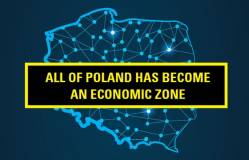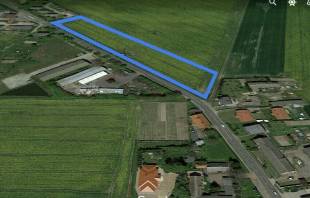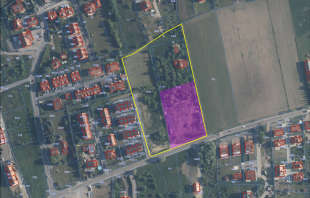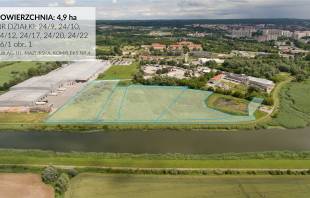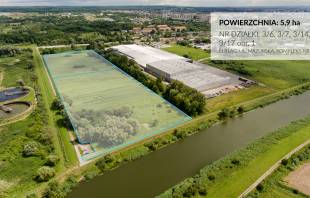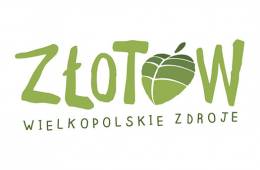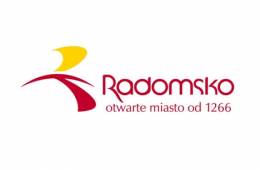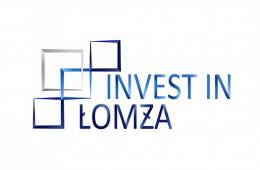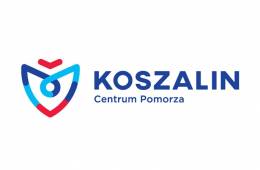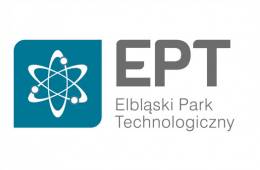An interview with Ms. Ilona Antoniszyn-Klik, Undersecretary of State in the Ministry of Economy.
9 months after the announcement of choosing Września as the location of the new factory of Volkswagen, the cornerstone was set. The pace was really fast. What makes this investment special?
For the investment of Volkswagen we created an absolutely new system of state aid. It was not simply providing funds that encouraged the company to start the investment, but creating attractive conditions for its functioning in the region. The region and its residents get the most out of it.
The fight for the German investment was fierce. A strong competitor was Stargard Szczeciński. Will it be possible for that city to find such a big investor?
Stargard Szczeciński was very well prepared. It was indeed a very good candidate for this automotive investment. Due to the excellent preparation of the investment areas and the city council, we are still looking for and negotiating with potential investors in that area.
The work on an amendment to the Special Economic Zone Act has not finished yet. In your opinion, what are the most important new tasks of the SEZs?
One of them is no doubt the emphasis on vocational education. Investors already claim that within the next 8-10 there may be a shortage of qualified workforce in Poland. This is why we decided to add the cooperation with higher secondary schools and universities to the tasks of the SEZ managements so that the educational offer and programs are adapted to the employers’ needs. Another important task is the promotion of cluster structures, an example of which is also Września. Around the new factory a network of cooperators and suppliers is being created. These businesses will employ a few times more people than Volkswagen itself (the company plans to employ approx. 2300 people). During the last few weeks the most important thing was to enable the SEZs to resume granting permits for business operations and we managed to do that with the government order approved on 12 November.
The first half of 2014 was very good for the zones. Can we expect similar results in 2015?
In the first half of 2014 438 permits for business operations in the SEZs were granted. The businesses that received those permits promised to invest over PLN 21 billion and create 20,500 new jobs. 2015 will be a time when those investors will start realizing the permitted investments. This wave of new investment projects should attract new companies to Poland.
In the previous year the operation of the zones was prolonged once more, this time until 2026. Is the government going to fight for the indefinite functioning of the SEZs?
The purpose of Special Economic Zones is to support investors and encourage them to invest in Poland, but in the long run we would like to provide such institutional support that would enable companies to invest here also without the SEZs. Simultaneously we are functioning in a highly competitive environment while our neighbors have many supportive instruments, including tax release, and that is why we need this instrument.
A recent research conducted by the Polish Information and Foreign Investment Agency shows that our neighbors have a similar array of investment incentives as Poland. What advantages should convince potential investors to opt for Poland?
One of them is certainly well prepared and motivated workforce, including high availability of qualified laborers. Another advantage is our excellent location in the middle of Europe and a thriving domestic market, which makes us less susceptible to external factors.
In recent years the Ministry of Economy has been putting increasing emphasis on the support for small and medium-sized businesses. What new actions is the ministry going to take in the future?
First of all we want to encourage small and medium-sized enterprises to expand their business and enter foreign markets. Industrial promotional programs will continue in the new financial perspective, but we have already been providing support under 4 government orders on de minimis aid. Detailed information is available on the website of the Ministry of Economy.
As far as the zones are concerned, we are taking action to reduce the investment costs and accelerate the whole process. I mean the construction of halls for rent carried out by the zone managements and the organization of clusters based on large companies, which will tighten the cooperation between businesses. What is more, we support the cooperation between the zones and schools in the area of vocational training that meets the employer’s requirements, which should reduce the costs of training incurred by small and medium-sized enterprises.
Ilona Antoniszyn-Klik, Undersecretary of State in the Ministry of Economy
















